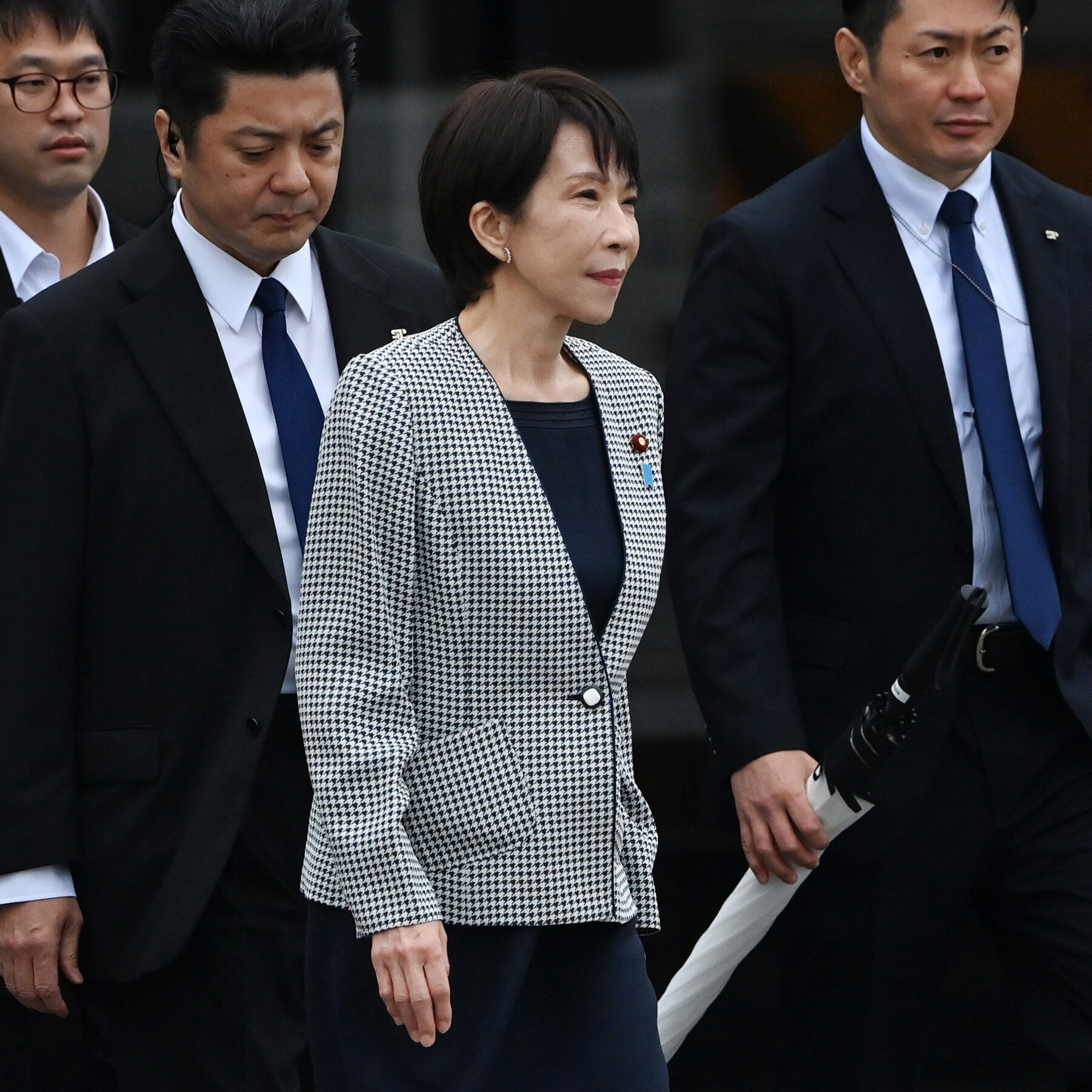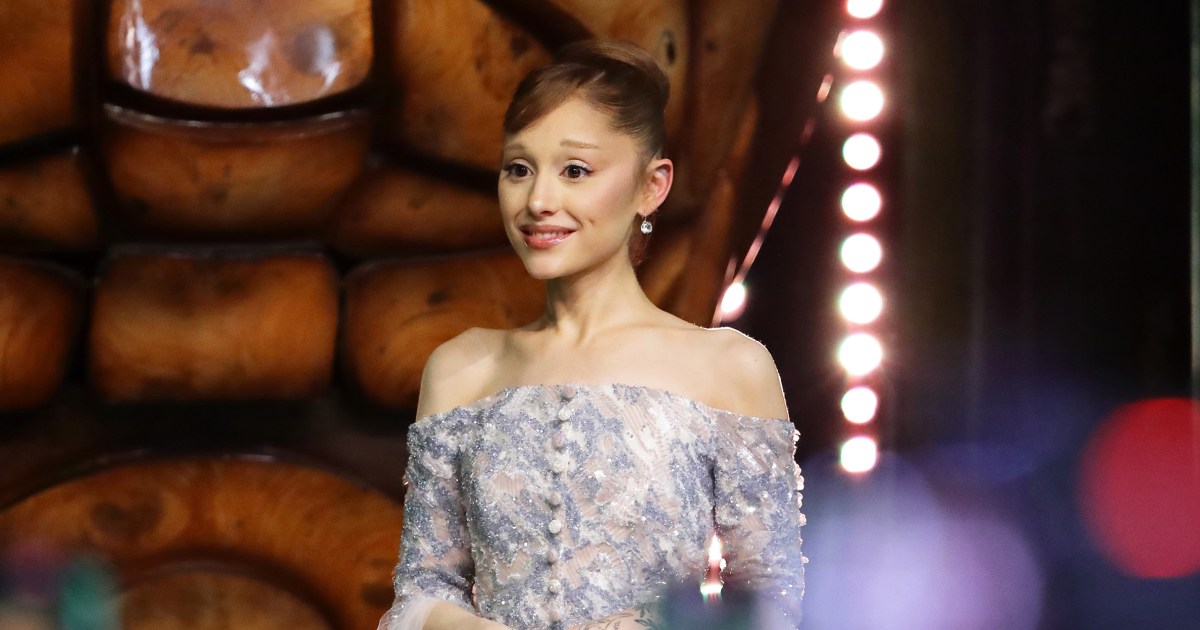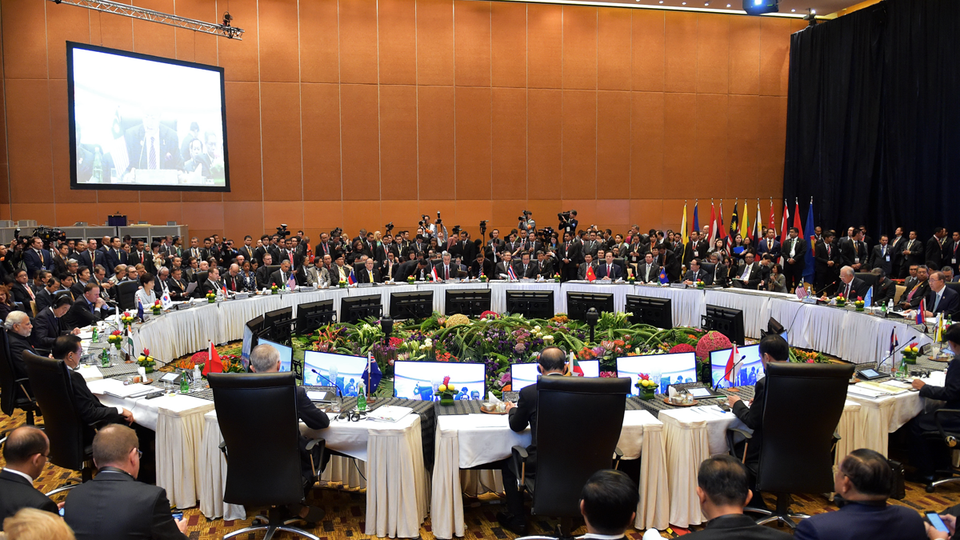Japan’s newly appointed Prime Minister, Sanae Takaichi, is currently navigating her first significant diplomatic challenge by seeking to secure assurances from Donald Trump regarding trade and security. This engagement comes shortly after her assumption of office, marking an early test of her leadership and diplomatic strategy.
As Takaichi prepares for her discussions with the former U.S. President, she aims to leverage her connections to Shinzo Abe, Japan’s former Prime Minister and a well-regarded figure in U.S.-Japan relations. This strategy may help her establish credibility and foster a collaborative atmosphere during negotiations.
Strengthening Bilateral Relations
Takaichi’s administration is faced with the critical task of reinforcing Japan’s economic ties with the United States, especially in light of past challenges under the Trump administration. Trade tensions had escalated in previous years, raising concerns among Japanese businesses and government officials alike.
A key focus of Takaichi’s agenda involves addressing tariffs and potential trade barriers that could impact Japanese exporters. To navigate these complexities, she plans to emphasize Japan’s role as a crucial ally in the Indo-Pacific region, highlighting shared interests in trade and security.
According to reports from the Japanese Ministry of Foreign Affairs, Takaichi intends to propose initiatives that could enhance economic cooperation while seeking to mitigate any risks associated with U.S. trade policies. The Prime Minister’s proactive approach reflects her understanding of the importance of maintaining stable and beneficial relations with the U.S.
Challenges Ahead
Despite her strategic positioning, Takaichi faces several hurdles. The political landscape in the United States remains unpredictable, particularly given Trump’s fluctuating stance on trade issues. Additionally, Takaichi’s reliance on Abe’s legacy may not guarantee success, as the geopolitical climate continues to evolve.
Her administration is also under pressure to address domestic concerns regarding economic recovery and post-pandemic growth. Balancing international diplomacy with internal demands will be crucial for Takaichi’s long-term success.
Experts suggest that Takaichi’s ability to effectively communicate Japan’s priorities to Trump could significantly influence the outcome of their discussions. Engaging with the former president, known for his direct and sometimes unpredictable style, requires a nuanced approach that combines diplomacy with assertiveness.
As Takaichi embarks on this pivotal journey, the international community will be watching closely to see how her administration shapes Japan’s future in the global arena. The outcome of her discussions with Trump could set the tone for U.S.-Japan relations in the years to come, making this an essential moment for her leadership.






